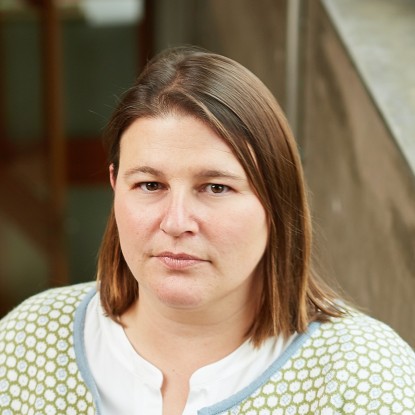iGEM at the TU Darmstadt
iGEM is the largest international student competition in synthetic biology. Over 400 teams from all over the world are participating yearly at the Grand Jamboree in Paris.

iGEM is the largest competition in the field of synthetic biology. Over 400 student teams from all over the world independently develop a project idea, test it experimentally and then compete against each other at the Grand Jamboree in Paris. TU Darmstadt has also had a team since 2012.
Contact the iGEM team: pr.igem.tudarmstadt@gmail.com
Instagram: @igem_darmstadt
The competition was initiated in 2003 by the Massachusetts Institute of Technology (MIT) in Boston. The interdisciplinary and self-selected projects attempt to solve real and socially relevant problems and offer the participating team members practice-oriented access to their study content and methods of synthetic biology. The aim is to create a holistic project that is of benefit to society. Ultimately, there are no limits to the project topics. The projects presented in the final in Paris range from new therapeutic approaches to solutions for environmental and climate problems through to space applications.


Our 2025 project: perchlorate mining on Mars
Mars has long fascinated mankind, but never before has a manned mission to Mars been as tangible as it is today. With the ever-growing interest in exploring the red planet, the use of local resources is also becoming increasingly important, especially the development of existing water resources, as future manned Mars missions will require a reliable and sustainable source of water on site.
In this year's iGEM project, we are focusing on water treatment and the provision of clean water on Mars. The natural water resources in the form of ice are contaminated by high concentrations of the toxic perchlorate salt, making them unusable. Water transportation from Earth is not an option due to extremely high costs. Already established recycling systems such as the Water Recovery System cannot fully recover the water, which is why an additional water supply is necessary.
The development of a method to remove perchlorate and recover drinkable water is therefore of crucial importance for future manned Mars missions. The goal of our project is to develop a sustainable system for in-situ water purification on Mars that avoids dependence on costly and logistically difficult resupply from Earth. To this end, we will genetically modify the bacterium Bacillus subtilis 168 so that it produces the enzymes perchlorate reductase and chlorite dismutase.

Furthermore, we plan to construct a mini-bioreactor to ensure optimal growth conditions for Bacillus subtilis and will characterize the enzyme chlorite dismutase in vitro in order to use the resulting scientific data to optimize our system and make it available to other iGEM teams.




